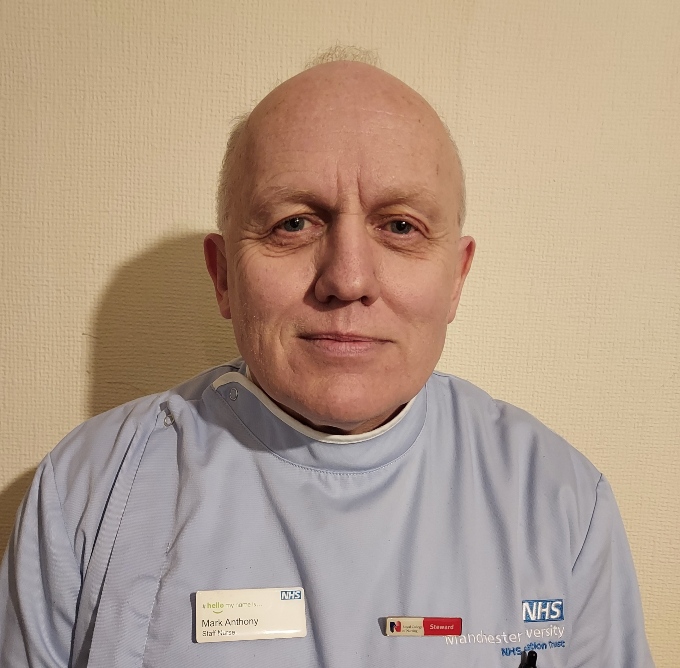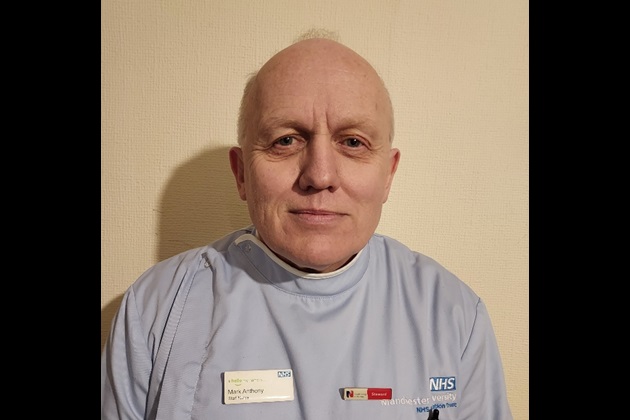The RCN has been organising meetings with MPs and other elected representatives so members can share their thoughts on critical nursing matters, including fair pay, safe staffing and the COVID-19 pandemic.
Since December, the RCN north west region has held nine group meetings with individual MPs, as well as round table events.
Regional board member and vice chair of RCN Manchester central branch Mark Anthony explains what makes these meetings so effective and why it’s important for members to get involved.
Making your voice heard
We’re aiming to create a political pathway to get MPs to bring our causes to parliament, and, most importantly, we’re putting the MP on the spot.
At these group meetings, members who attend can ask their MPs questions and emphasise how important it is for our campaigns to be recognised now, in the present climate. As a result of COVID-19, nursing staff are being appreciated on a very large scale, and it’s given us a platform.
I know speaking up can be difficult, but virtual meetings have some benefits. These meetings are not one-to-one, but organised in a group setting between MPs and multiple members. Members can put their questions directly to MPs and can type what they want to ask if they don’t want to speak. They can do so anonymously if they choose to.
Members can also share their personal experiences. Hearing stories first-hand is very powerful, and these meetings allow members to go into much more detail about their own personal circumstances. At the end of the day, MPs want to hear what nursing staff have to say – they want to collect evidence so they can take it to the government.

Nursing needs political action. For example, we need safe staffing legislation so nursing staff can deliver safe and effective care, and MPs can offer a very important channel of communication. In my experience, they have been very keen and open. They ask searching questions about our work and campaigns – because there’s no point in them bringing up safe staffing in parliament if they don’t know anything about it.
These meetings allow MPs to hear from the people working on the frontline, not just from the chief executive or directors of their local trust who they might already regularly meet with. This is vital because it allows the MP to challenge the trust if there’s an issue, so issues can be resolved quickly.
From the very beginning of a nursing career to the end, we are important
I think it’s absolutely imperative that members get more involved with their MPs. I’ve been in nursing for more than 35 years and when I started off, I was quite timid. But as time went on, I realised that I occupied an important role in society by tending to people who are ill, and I needed to respect myself more. That’s what pushed me to become an RCN rep too.
From the very beginning of a nursing career to the end, we are important, and we deserve more. There’s so much stress involved in the job, and so many difficult aspects to it, and we need to step forward and say we have a right to campaign for what we need.
It needs to come from members, and it needs to be done from the ground up.
Results are in
Recent meetings in the north west region have been overwhelmingly positive with many MPs, including Rebecca Long-Bailey and Ian Byrne, requesting follow up meetings to find out more or pledging their support for members.
Ian Byrne also plans to arrange a round table event for all MPs in Merseyside and now has a monthly catch-up with the RCN. He has also committed to raising questions about the issues facing nursing staff in parliament, something that other MPs, such as Dan Carden and Jeff Smith, have also expressed an interest in.
Get involved
The RCN is organising meetings with MPs and other elected representatives across the UK so members can share their experiences and put their questions directly to the politicians who represent them. Getting involved is easy.
To find out about meetings in your area, visit our events page and filter the listings by your country or region, follow your RCN branch, country or region on social media or get in touch with your local RCN office.
Your local RCN office can offer you support ahead of the meeting and you can have your say on the agenda too.
You can also contact your MP or elected representative directly; as their constituent, your representative is obliged to respond to you. Your local RCN office can offer you support, resources and more information on how to engage with your elected representative.








